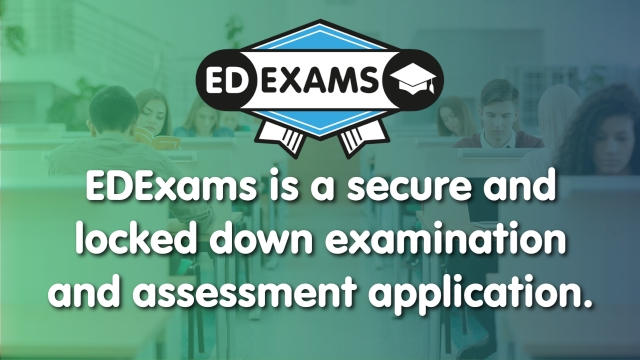The Covid-19 pandemic had unprecedented socio-economic implications. The education industry is no exception. Recent years have seen significant changes in both the content of education and the methods used to deliver it. Alterations are also being made to the educational norms and curricula in use today. Moreover, online exams have become a new norm in the industry.
Owing to the benefits, the educational system is embracing digitisation and making the transition from traditional classrooms to online learning environments.
Why are online exams more efficient?
The varied advantages of online assessment are acknowledged by both the candidates themselves and the institutes.
Secure:
Students have little possibility of getting away with cheating if a secure platform for invigilation is used. In addition, there is the possibility to record the online examinations, which may be helpful in instances of cheating that call for a reassessment of the candidate’s performance.
Customisation:
The ability to fully personalise quizzes and tests is provided to educators by reputable school management software. Because of this, instructors can pick and customise the test questions included in the examination, whether they be of the identification type, true or false, multiple-choice, or any other form.
Simplification:
Additionally, instructors do not need to be concerned about scrutinising essay-type questions while administering online examinations. There is online test software available that is designed to aid instructors specifically in assessing students. It unquestionably simplifies the process of taking school exams.
Speed:
Speed is another main feature that makes the online exam efficient. The assessments are quick, and results are readily deliverable.
Cost-effectiveness:
Online exams have a lower administrative burden and thus are considered more cost-effective by the institutes. On the other hand, it is more flexible and convenient for students.
Switching back to conventional exams
While the students were at ease and habitual with online exams for the last three years, this year, the exams were switched back to offline. Consequently, students were not ready for this switch.
Here are some noteworthy impacts seen:
Anxiety amongst the students:
The students had lost the practice of writing with pen on paper for the last three years. It was not just about writing but appearing for an offline exam with an overall formal ambience. For the last three years, they have appeared for exams in their comfort zone. Consequently, students became anxious, nervous, and jittery. This meant lower performance and higher stress.
Petition and protests:
In a few nations, students filed petitions that in the wake of the omicron virus, they were not prepared for the offline exams. In some nations, the students protested and demanded online exams.
Moreover, their appeal was that when year round they were taught online, the exams should also be conducted online.
Student-friendly measures:
Governments and institutes had to introduce student-friendly measures like building helplines, reducing syllabus, open books exams, etc. and ensuring a pressure-free atmosphere with additional time as students had lost the practice of writing,
Lesser unethical practices:
Institutes believe that online exams take away the recognition of the effort made by honest students, parents and educators. Moreover, the absence of essay-type questions fails to reflect the in-depth knowledge of the students. Hence, institutes advocating offline exams welcomed the switch. However, unethical practices can be controlled with proper invigilation.
Conclusion
Online exams have a number of benefits compared to offline exams. Students have become habitual with the digitisation of exams. If the institutes wish to switch back to the offline mode, they should have a proper process so that students are not anxious and gain their confidence back.
Online exams have tremendous scope for improvement with the use of authentic platforms like EDExams. Contact today and know how with a free demo! EDExams ensures adequate ethical invigilation. Contact for more information today by calling 01909 384 090 or booking a free online demonstration here.











